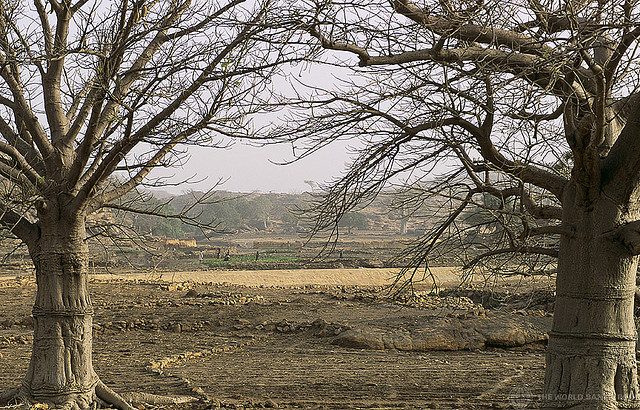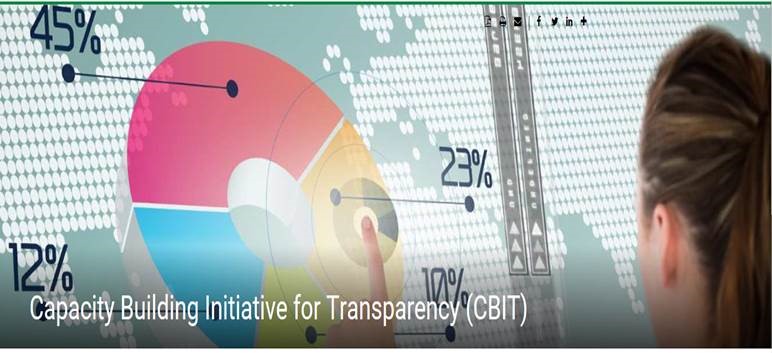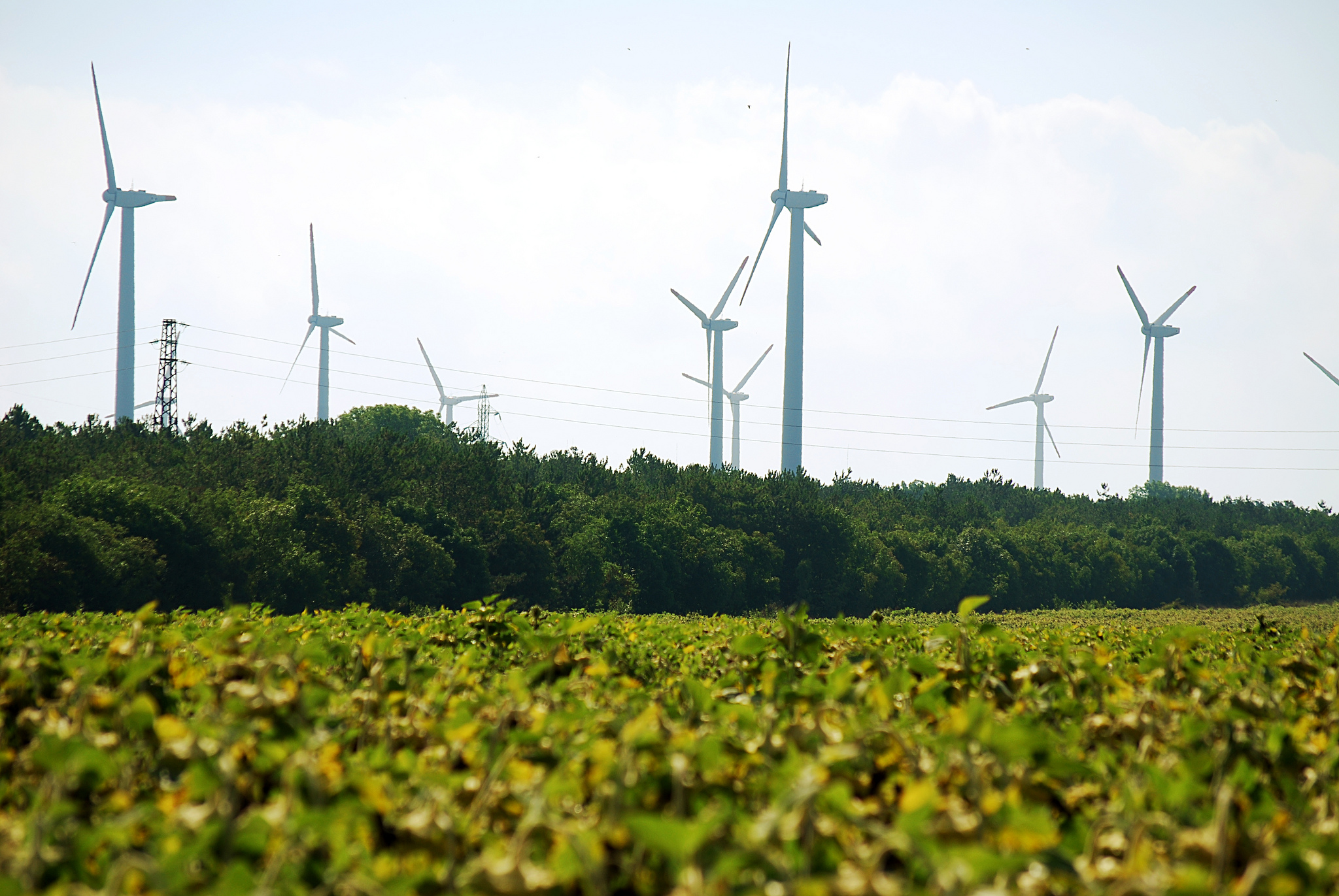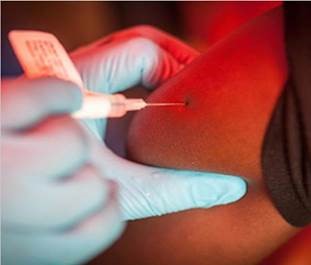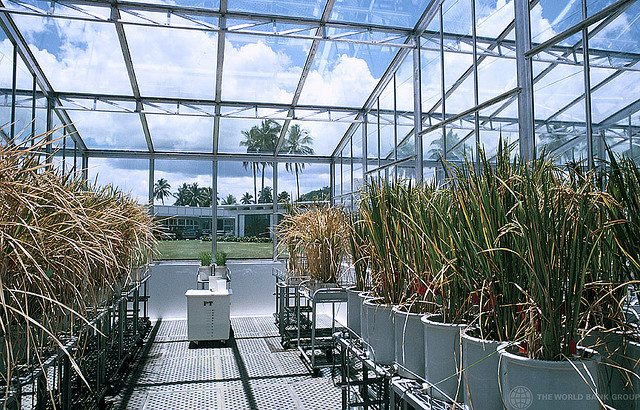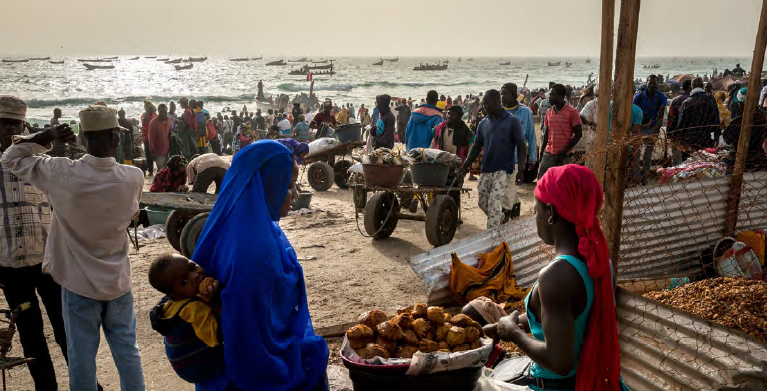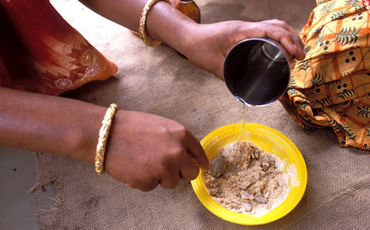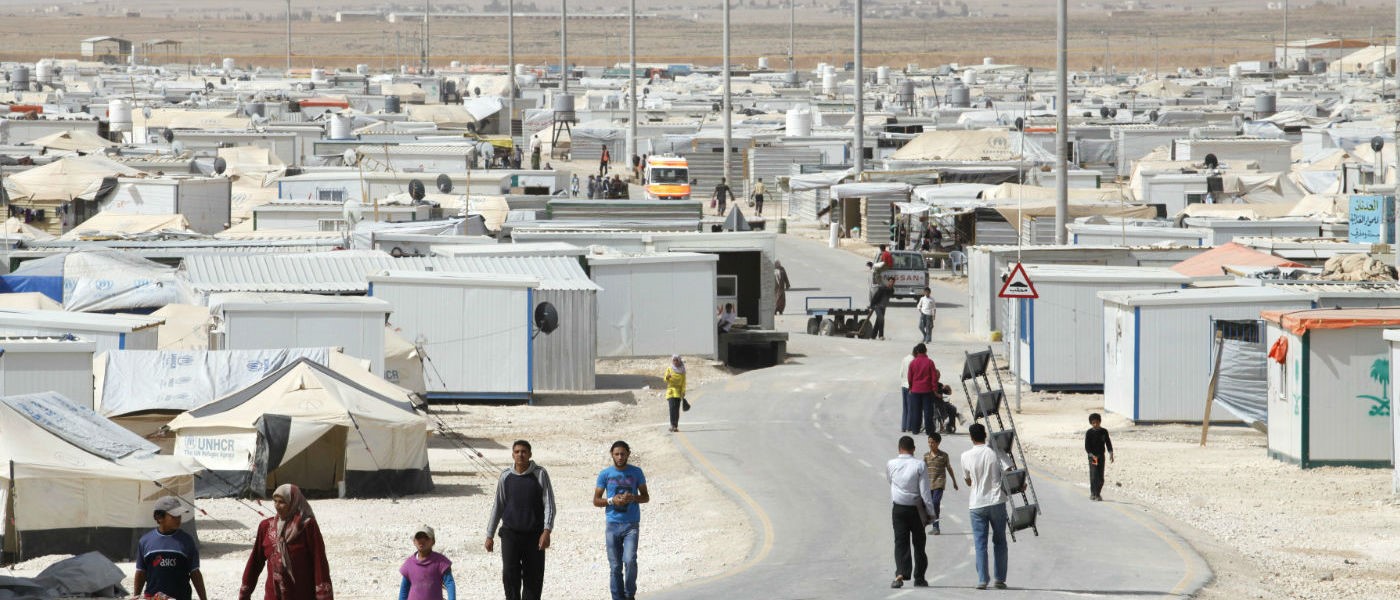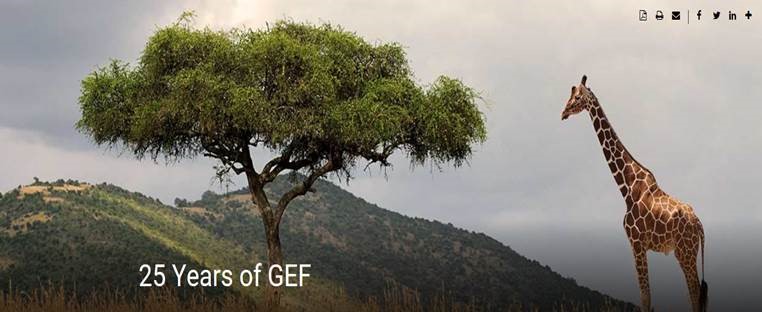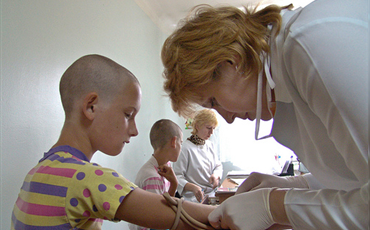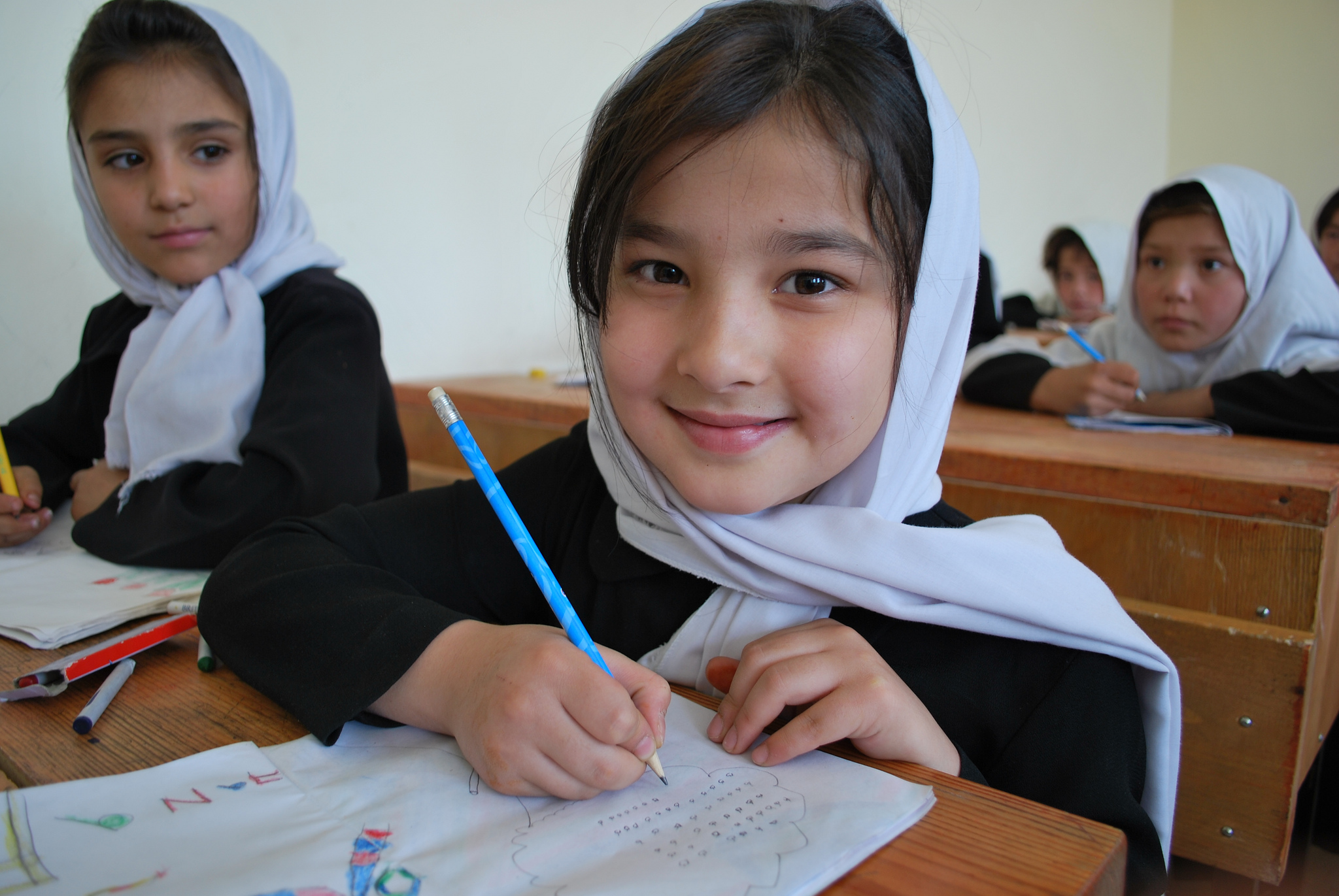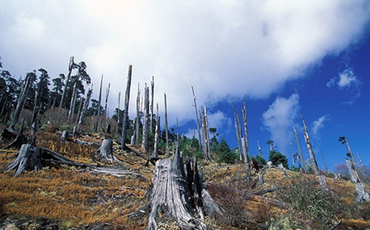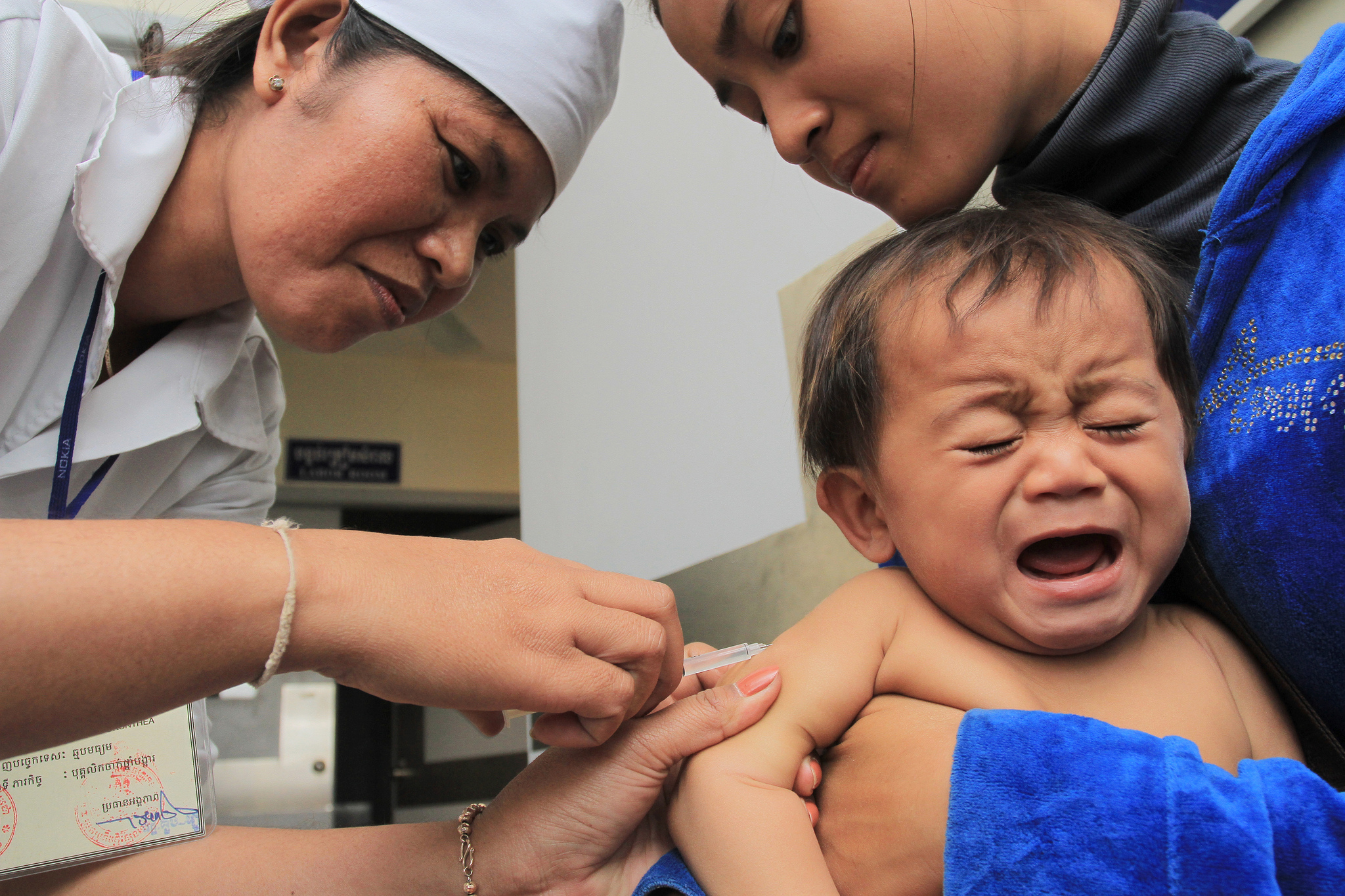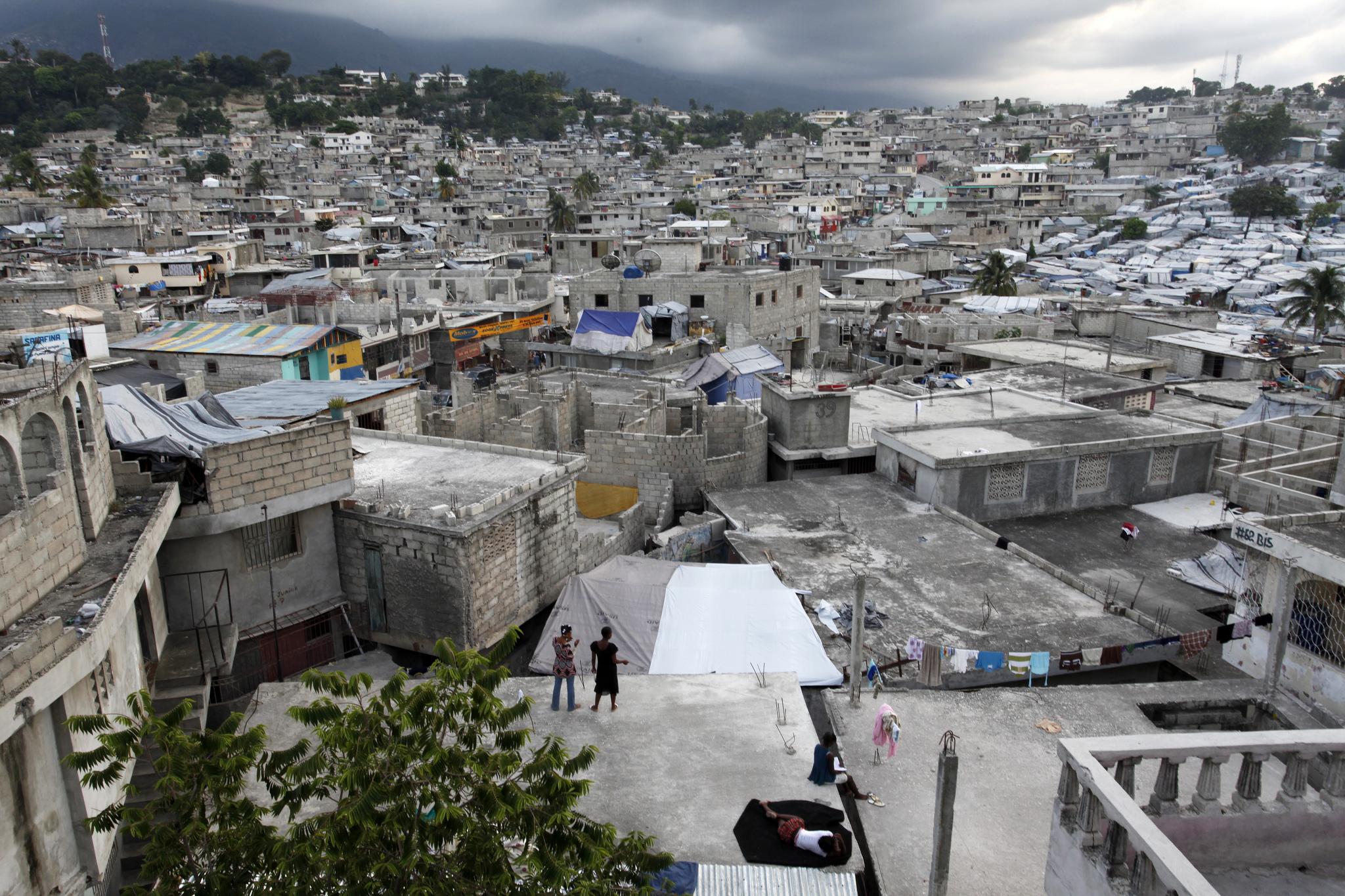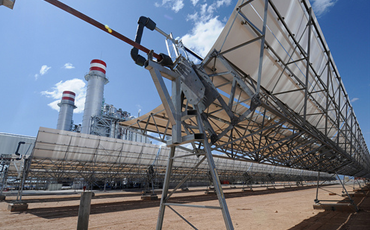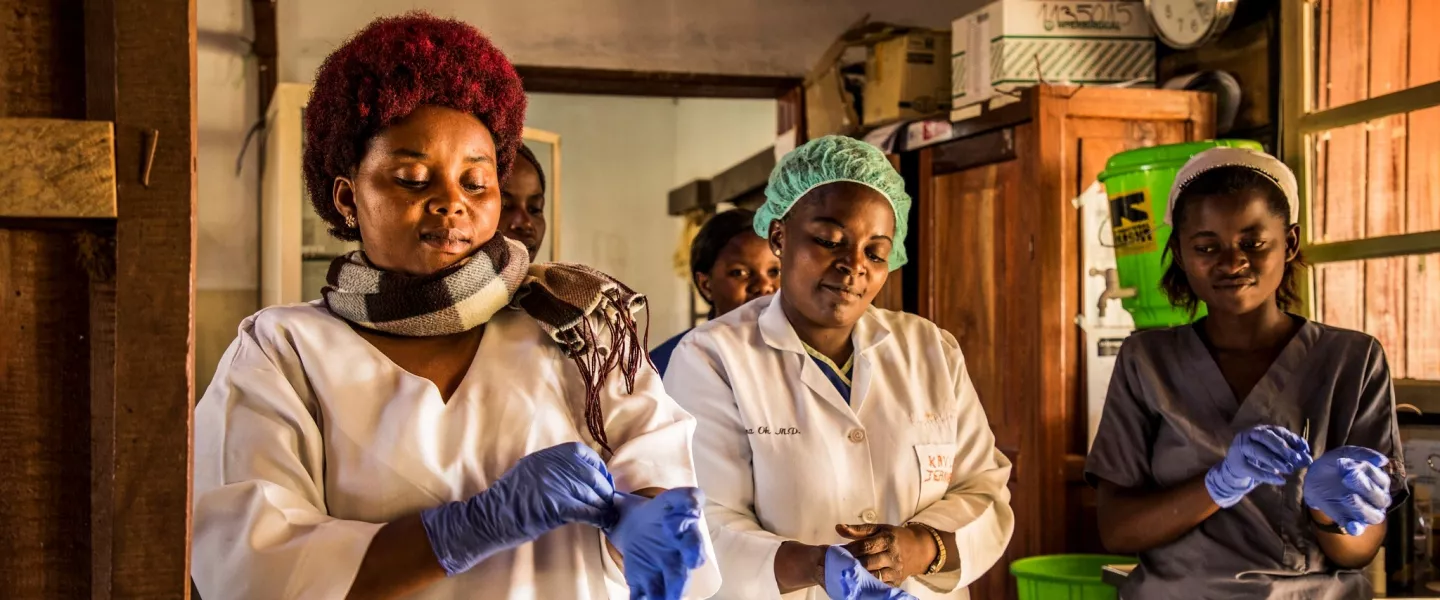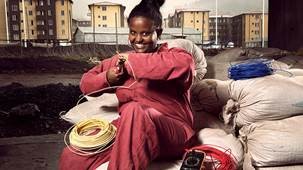Adaptation Fund
The Adaptation Fund was created under the United Nations Framework Convention on Climate Change. The fund is designed to finance climate change adaptation projects and programs based on the priorities of eligible developing countries.
AgResults Initiative
AgResults was established at the June 2012 G20 Summit in Los Cabos, Mexico. The initiative promotes the adoption of innovative technologies through the use of results-based economic incentives in agriculture to enhance smallholder welfare and improve food security for the poor.
Capacity-building Initiative for Transparency
As part of the Paris Agreement, Parties to the United Nations Framework Convention on Climate Change (UNFCCC) have agreed to establish a Capacity-building Initiative for Transparency (CBIT). The CBIT will aim to strengthen the institutional and technical capacities of developing countries to meet the enhanced transparency requirements in the Paris Agreement, leading up to 2020 and beyond.
Clean Technology Fund
Climate Investment Funds comprises two funds, the Clean Technology Fund and the Strategic Climate Fund. The Clean Technology Fund provides new large-scale financial resources to invest in clean technology projects in developing countries, which contribute to the demonstration, deployment, and transfer of low-carbon technologies with a significant potential for long-term greenhouse gas emissions savings.
Climate Risk and Early Warning Systems
Announced by the French Minister of Foreign Affairs in Sendai in March 2015, the Climate Risk and Early Warning Systems (CREWS) Initiative was officially launched at the COP21 in Paris as part of the Solutions agenda. The Initiative aims to raise USD 100 million by 2020 to strengthen Multi-Hazards Early Warning Systems, in Least Developed Countries and Small Island Developing States.
Coalition for Epidemic Preparedness Innovations
CEPI was officially launched in Davos in January 2017 as a global mechanism to explore and develop new ways to stimulate, finance and co-ordinate vaccine development against priority public health threats, in alignment with the WHO R&D Blueprint for action to prevent epidemics.
CGIAR
Consultative Group on International Agricultural Research promotes sustainable development of agriculture by providing international agricultural research centers with financial assistance and strategic guidance.
Debt Relief Trust Fund
The Debt Relief Trust Fund (DRTF), formerly, the Heavily Indebted Poor Countries (HIPC) Debt Initiative Trust Fund, was established on November 7, 1996 to provide financial support to participating multilateral credit institutions to assist them in achieving their agreed share of debt relief to eligible HIPCs on debt owed to such institutions. The focus of the DRTF is to provide financial support for the prepayment of the debt, the coverage of debt service as it falls due, the purchase and subsequent forgiveness of the debt, or such other arrangements as the International Development Association (IDA), the Administrator deems appropriate which, have the effect of reducing the present value of the debt service owed on such debt.
F.O.R.T.I.S. Ukraine FIF
The objective of the F.O.R.T.I.S. Ukraine FIF is to provide a coordinated financing and support mechanism to assist Ukraine to sustain its administrative and service delivery capacity and to plan and implement its recovery, reconstruction and reform agenda. To this end, the F.O.R.T.I.S. Ukraine FIF will provide grants to finance non-military projects, programs, and activities consistent with objectives including sustaining macroeconomic stability, promoting the country’s reform agenda, restoring debt sustainability, ensuring coherence with the International Monetary Fund’s engagements with Ukraine, and advancing Ukraine’s recovery and reconstruction. Timely and predictable external financial support remains critical to maintaining Ukraine’s macroeconomic stability. The F.O.R.T.I.S. Ukraine FIF will (i) allow streamlined access to financial resources by implementing entities and (ii) accommodate the strong governance and operating requirements contributors seek in providing large-scale support.
Fund for responding to Loss and Damage
In a historic decision at COP28, an agreement was reached by 198 countries to move forward with a fund to provide financial support to vulnerable countries hardest hit by climate impact. The purpose of the Fund for responding to Loss and Damage (FRLD) is to assist particularly vulnerable developing countries in responding to economic and non-economic loss and damage associated with the adverse effects of climate change, including extreme weather events and slow onset events. As a new channel for multilateral finance, the FRLD seeks to provide new, additional, predictable, and adequate financial resources to developing countries that are particularly vulnerable to the adverse effects of climate change and assist in mobilizing external finance to address loss and damage, while supporting achievement of sustainable development and the eradication of poverty.
Global Agriculture and Food Security Program
Global Agriculture and Food Security Program was established in 2010. It is a multilateral financing mechanism, which supports national and regional strategic plans for agriculture and food security in poor countries.
Global Biodiversity Framework Fund
The Global Biodiversity Framework Fund (GBFF) is dedicated to supporting investments in global biodiversity and helps in scaling up financing for implementation of the Kunming-Montreal Global Biodiversity Framework (KMGBF). The Fund was ratified by 186 countries and launched at the Seventh GEF Assembly in Vancouver, Canada in August 2023. The GBFF aims to help countries achieve the Global Biodiversity Framework goals and targets with a strategic focus on strengthening national-level biodiversity management, planning, policy, governance, and finance approaches. Public, private, and philanthropic funding will be disbursed through the GBFF’s streamlined funding procedures. The Fund will provide enhanced support to Indigenous Peoples and local communities, Small Island Developing States, and Least Developed Countries, according to their own priorities.
Global Concessional Financing Facility
There are currently about 20 million refugees across the globe, representing the most significant refugee crisis since World War II, with about 6 million in middle-income countries. Refugee crises represent major economic and social shocks and incur significant costs to host countries who are providing a global public good.
Global Environment Facility Trust Fund
The GEF is the largest funder of projects focused on global environmental challenges and a global partnership among 180 countries, international institutions, non-governmental organizations, and the private sector.
Global Fund
The Global Fund was established as an independent legal entity to attract, manage and disburse resources rapidly, and to leverage additional resources to stem and provide treatment for three specific diseases.
Global Infrastructure Facility
The Global Infrastructure Facility (GIF) is a global, open platform that facilitates the preparation and structuring of complex infrastructure public private partnerships (PPPs) to enable mobilization of private sector and institutional investor capital.
Global Partnership for Education Fund
The Global Partnership for Education Fund (GPEF) was established as a Financial Intermediary Fund in 2011 as part of the rebranding process of the Education for All Fast Track Initiative (EFA FTI), which started in 2002.
Green Climate Fund
Green Climate Fund (GCF): The UNFCCC COP formally invited the World Bank to serve as interim trustee for a new Green Climate Fund (GCF). The GCF is a legally independent entity with a full-time Secretariat in Songdo, Republic of Korea, and is envisaged as an important multilateral fund that would promote a different model for fighting climate change.
Guyana REDD+ Investment Fund
Guyana REDD+ Investment Fund finances activities identified under the Government of Guyana's Low Carbon Development Strategy.
International Finance Facility for Immunization
International Finance Facility for Immunization Company (IFFIm) is a multilateral development institution created to accelerate the availability of predictable, long-term funds for health and immunization programs through the GAVI Alliance in 70 of the poorest countries around the world.
Least Developed Countries Fund
The LDCF was established in November 2001 under the United Nations Framework Convention on Climate Change to address the needs of least developed countries whose economic and geophysical characteristics make them especially vulnerable to the impact of global warming and climate change.
Nagoya Protocol Implementation Fund
The Nagoya Protocol Implementation Fund is a new landmark fund to help developing countries ratify and implement a key international agreement to conserve and sustainably use biodiversity.
Special Climate Change Fund
The Special Climate Change Fund was established in November 2001 under the United Nations Framework Convention on Climate Change to finance activities, programs and measures relating to climate change that are complementary to those funded by the resources allocated to the climate change focal area of the Global Environment Facility Trust Fund.
Strategic Climate Fund
Climate Investment Funds comprises two funds, the Clean Technology Fund and the Strategic Climate Fund. The Strategic Climate Fund provides financing to pilot innovative approaches or to scale-up activities aimed at specific climate change challenges or sectoral responses.
The Pandemic Fund
The Pandemic Fund finances critical investments to strengthen pandemic prevention, preparedness, and response capacities at national, regional, and global levels, with a focus on low- and middle-income countries.
Women Entrepreneurs Finance Initiative
Women entrepreneurs play a critical role in economic development by creating jobs and boosting growth. However, women face numerous challenges to financing, owning and growing a business, including access to capital and technology, lack of networks and knowledge resources, limited market linkages, challenging social and cultural norms, as well as legal, regulatory and policy obstacles to business ownership and development.
